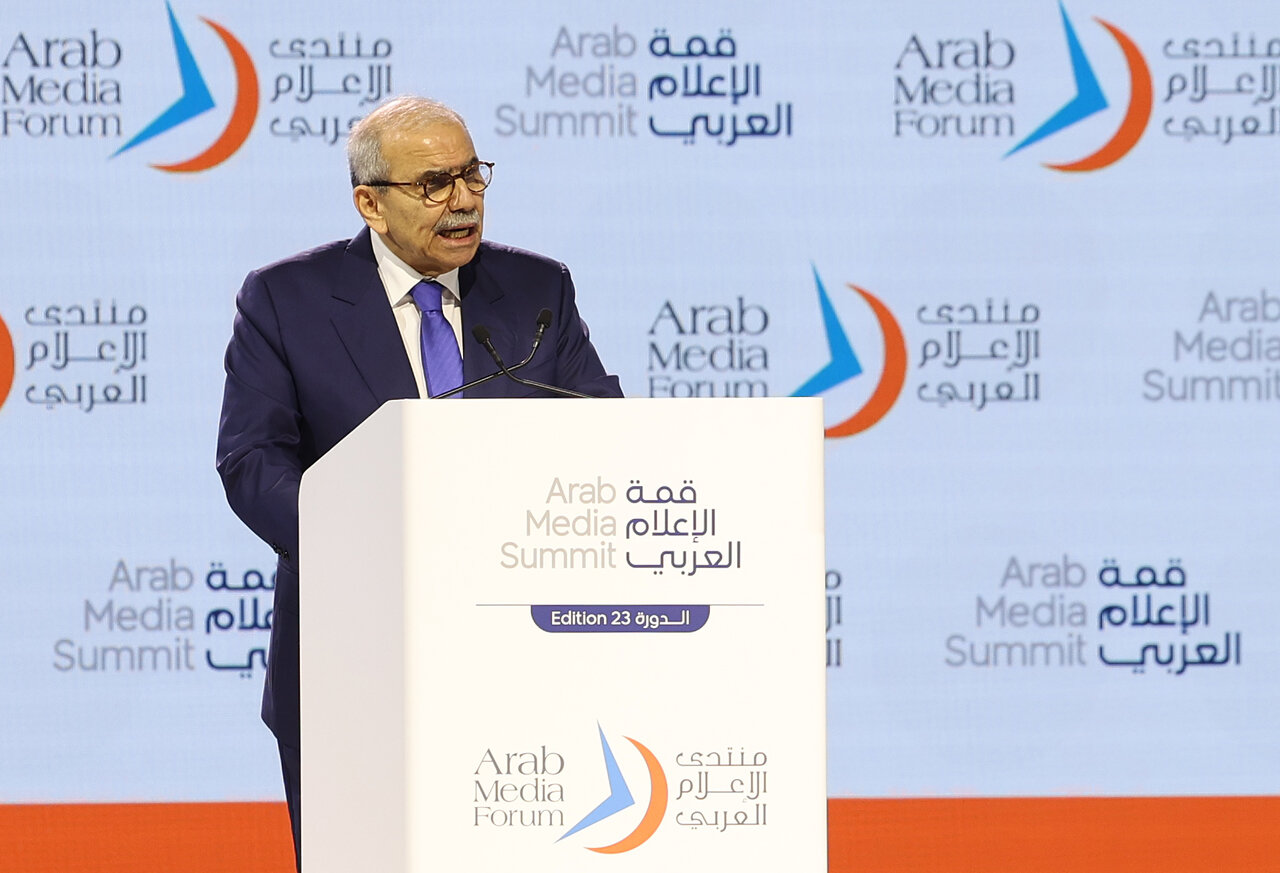
Similar Posts
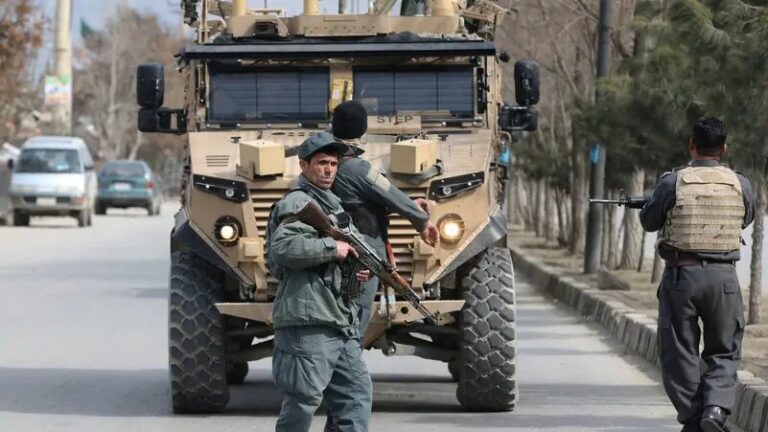
Devastating Suicide Bombing Rocks Kabul: Explosion Near Government Ministry
An explosion near government offices in Kabul on Tuesday has heightened security concerns in Afghanistan. The blast occurred in the morning, causing panic among residents and government workers, and was powerful enough to be heard several kilometers away. Emergency services responded immediately, and officials are assessing the situation and potential casualties. The Taliban government, despite prior security improvements, faces challenges in maintaining stability amid sporadic violence. This incident may lead to increased security measures and affect public trust and international relations. Ongoing investigations and effective communication with citizens are critical for addressing security concerns and fostering collaboration.
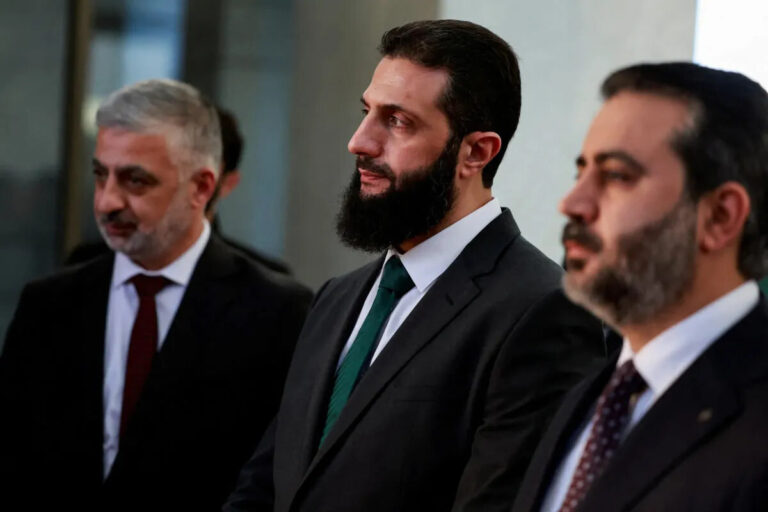
Urgent Action Needed: Atlantic Council Warns Patience Could End Soon if HTS Overlooks Critical Needs
A commentary from the Atlantic Council emphasizes the urgent challenges facing Syria’s new government led by Hayat Tahrir al-Sham (HTS) under Ahmad al-Sharaa. While initial optimism followed the fall of Assad’s regime, public patience is waning as immediate needs—like electricity, jobs, and infrastructure—remain unmet. HTS lacks the expertise to govern effectively on a national scale, relying on localized strategies that may not suffice. The international community’s limited support exacerbates the situation, and without lifting sanctions or enabling private sector growth, Syria risks further instability. The coming months are crucial for establishing a sustainable political future in the post-Assad era.
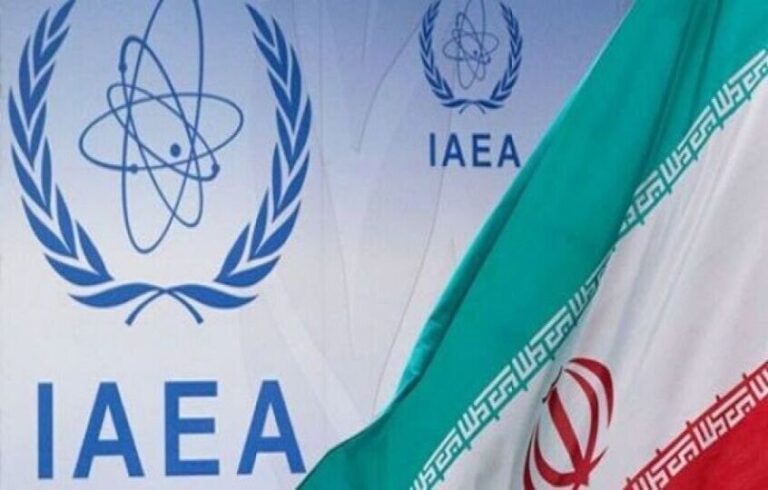
IAEA Board of Governors Set to Review Grossi’s Crucial Report on Iran’s Nuclear Developments
The International Atomic Energy Agency (IAEA) is holding a crucial Board of Governors meeting in Vienna, focusing on Iran’s nuclear program. IAEA Director General Rafael Grossi will present a report on Iran’s compliance with nuclear safeguards and the 2015 Joint Comprehensive Plan of Action (JCPOA). The agenda includes nuclear safety, safeguards agreements, and advancements in nuclear science. A recent resolution from the UK, Germany, France, and the US urged Iran to address unresolved issues without mentioning its cooperation. Despite tensions, IAEA inspections report no deviations from Iran’s peaceful nuclear commitments. The discussions could significantly impact global nuclear governance and non-proliferation efforts.

Germany’s Merz Extends Invitation to Israel PM Amid Arrest Warrant Controversy
Israeli Prime Minister Benjamin Netanyahu recently spoke with Germany’s election victor, Merz, amid international scrutiny following ICC arrest warrants for alleged crimes against humanity related to the Gaza conflict. Netanyahu congratulated Merz, signaling strengthening Israel-Germany ties despite his legal challenges. Merz’s party confirmed the call but did not disclose details, reflecting the sensitive nature of the discussions. Notably, Merz assured that his government would explore measures to prevent Netanyahu’s arrest during a potential visit to Germany. This situation underscores the complex interplay of international law and diplomacy, impacting Netanyahu’s political future and Israel’s foreign relations.
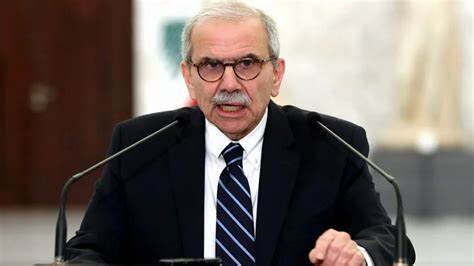
US Aims to Spark Diplomatic Tensions Between Lebanon and Iran
Lebanon’s government, led by Nawaf Salam, has approved a controversial ministerial statement that omits the clause affirming the people’s right to resist Israeli occupation, focusing instead on self-defense in line with the UN Charter. This shift is viewed as a response to American directives and aims to consolidate state authority over military decisions. Critics argue it undermines Lebanon’s resistance movement and sovereignty, raising concerns about national identity and foreign influence. Concurrently, the government has extended flight suspensions to Iran and possibly Iraq, amid warnings from the US regarding compliance. The evolving political landscape poses significant implications for Lebanon’s regional alliances and stability.
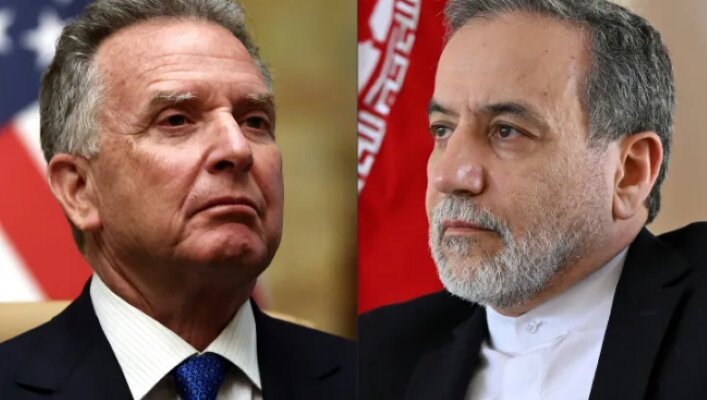
Exclusive Insights: Inside the Iran-US Closed-Door Negotiations
Negotiations in Muscat regarding the Iran nuclear issue are progressing with both parties preparing position papers that outline their priorities and non-negotiable red lines. These documents will be exchanged to enhance understanding of each other’s concerns. Iran insists the talks focus solely on nuclear matters, and discussions are expected to be indirect, facilitated by Omani mediators who will relay messages between the parties. This strategic separation allows Iran to manage its narrative. The outcome of these talks is pivotal for nuclear diplomacy and global security, with stakeholders needing to adapt to the evolving situation as negotiations unfold.